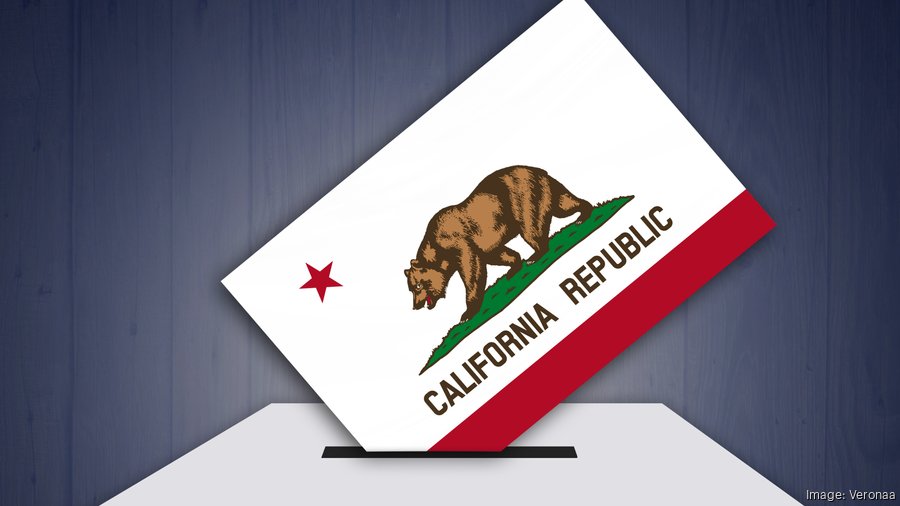Some ballot propositions for California’s November 2024 election were assigned numbers late Wednesday, giving us a chance to look at some of the important items for this year’s election.
Proposition 6, slavery: Prop. 6 would remove all language allowing slavery and involuntary servitude from California’s constitution. Currently, the constitution reads “Slavery is prohibited. Involuntary servitude is prohibited except to punish crime.”
That language would be amended to read “Slavery and involuntary servitude is prohibited.” It would also ban the California Department of Corrections and Rehabilitation from punishing inmates for refusing a work assignment. A companion bill created a voluntary work program in the prison system. This will greatly impact the rehabilitative programs of CDCR in a negative way by not allowing the Department to motivate inmates to attend positive programing.
The proposition was placed on the ballot by California lawmakers and was a priority for the legislature’s Black Caucus. The measure is misguided and will cause harm to the State’s prison system if passed.
Proposition 32, minimum wage: This ballot initiative would bump up California’s minimum wage to $18 an hour over the next couple years. If it passes, all minimum wage workers who earn $16 an hour right now, would see their pay gradually increased by a dollar each year until it reaches $18 on January 1, 2026.
The measure does require larger businesses with more than 25 employees to reach $18 at a faster pace, by the start of 2025. However, if an economic downturn occurs, the Governor has the power to suspend increases twice, which could delay when an $18 minimum wage actually reaches Californians.
Proposition 36, criminal penalties: This measure would revise Prop. 47, a 2014 ballot initiative that downsized some lower-level crimes to misdemeanors and put in place a $950 threshold for shoplifting felonies. The ballot measure’s backers, which include San Francisco Mayor London Breed and the California District Attorneys Association, argue Prop. 47 has led to increased crime and retail theft.
The proposed changes would raise penalties and sentences for some drug and theft offenses. For example, fentanyl would be added to the list of drugs that warrant a felony charge if the person also possesses a gun, increasing the punishment from up to one year in jail to up to four years in prison. Another major revision would hike up punishments for convicted shoplifters with two or more prior theft-related convictions.
Gov. Newsom and other Democratic leaders in the legislature are predicably opposed to Prop. 36. They have floated their own 14-bill package to reduce retail theft instead and had been crafting their own counter-initiative to put on the ballot, before Newsom abruptly abandoned that effort on July 2. Newsom’s plan is to continue to be soft on crime and allow for increased victimization for California families.
